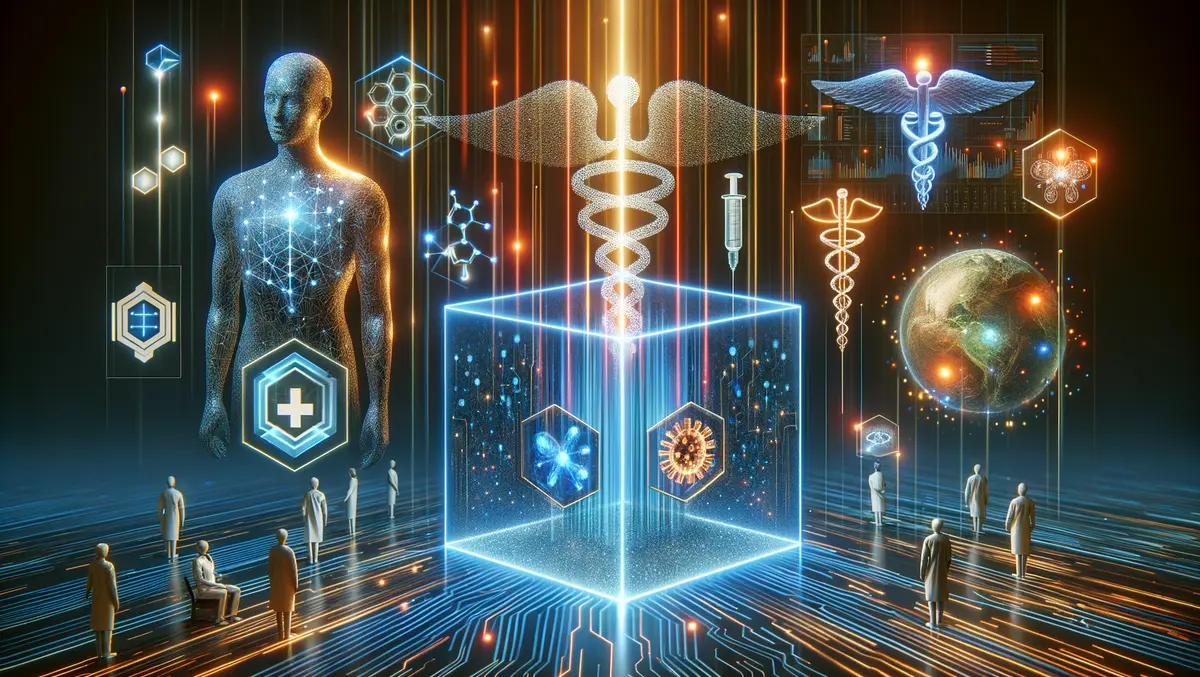
Microsoft AI in healthcare: From data interpretation to tailored training
According to a recent Microsoft Blog:
The practice of medicine has experienced long stretches of persistent effort with occasional groundbreaking discoveries that have significantly propelled the field forward, with generative Artificial Intelligence (AI) slated to trigger one of such major transformations. This evolution, promising clinicians both spare time and superior quality information, holds unparalleled potential and scope, ranging from saving countless lives, akin to the discovery of penicillin, to thousands of prospective applications.
The march of progress of AI engenders steady evolution rather than chance discoveries. An excellent illustration of this advancement would be the New Zealand-based breast imaging specialist, Volpara. By developing machine learning software to aid radiologists in detecting patients with an increased risk of cancer due to dense breast tissue and conduct top-grade breast screens, Volpara stands as a beacon in the realm of AI-infused medicine. The technology has now been refined to screen for breast arterial calcifications, addressing both cancer and cardiovascular disease risk in a single screening process.
Another shining instance of AI implementation hails from Mosgiel-based Techion. The company overcame anthelmintic overuse and the issue of drug resistance, thereby improving livestock health, by employing AI to count parasite eggs in animal faecal samples. Techion has now ventured into human health treatment by utilising Microsoft Cloud and Custom Vision AI technology to remotely analyse a variety of microscope-based tests from regional clinics and hospitals, potentially eradicating geographical disparities in accessing health services and making clinics less reliant on patient and clinician mobility.
However, the wonder of generative AI offers completely novel possibilities that could revolutionise healthcare. Generative AI programs, unlike their antecedents, can supersede the need for repetitive and costly task-specific training. Accenture has projected that technology augmentation or automation could reconfigure 70% of healthcare worker tasks.
Despite these advancements, the intention isn't to supersede healthcare workers but rather to augment their abilities. For instance, one health agency has been developing an AI-generated patient scenario tool which offers on-the-go online training for health workers, providing guidance through new tasks and allowing professionals to acquire skills based on their own convenience.
AI deployments, such as Microsoft + Nuance voice-recognition tool Dragon Medical One and DAX Copilot, have been shown to simplify the lives of medical professionals by transcribing spoken notes into patient insights and notes. On the patient side, innovative platforms such as the Azure-based MyCare developed by pAI2 can empower New Zealand's community needing in-home care to choose their own support workers.
Against the backdrop of these transformative developments, it's vital to recognise that though AI has an increasingly pivotal role, human supervision remains fundamental for corroborating tasks, ensuring correctness, and recognising potential biases. To this end, Microsoft has outlined six guiding principles for AI health applications. These include fairness, reliability, safety, privacy, security, inclusiveness, transparency, and accountability.
As healthcare professionals lean more towards the uniquely human aspects of healthcare, AI can manage routine tasks such as training support, data interpretation, and analytics, thereby drastically transforming healthcare as we know it. Similar to the onset of the antibiotic era, healthcare now stands poised for another quantum leap in its evolution, with AI as the mighty new partner.


